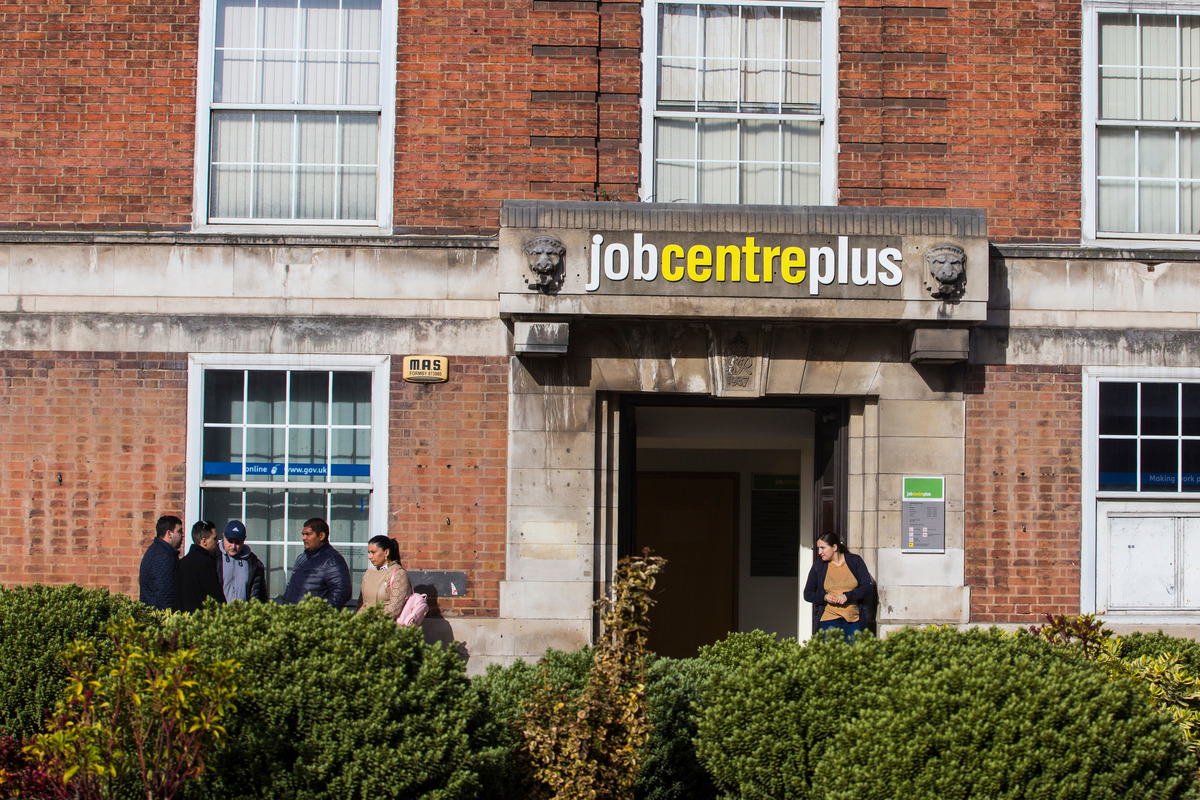Intelligence, community and recognition for pay and reward professionals.
Three million 'hidden' unemployed people missing from official figures, report finds
 Vanessa Ong
Vanessa OngUnemployment in the UK could be three times higher than thought, according to a report suggesting a “hidden army” of working-aged people are involuntarily economically inactive.

The study found that more than 3 million people are missing from the headline unemployment rate because they report themselves as economically inactive to government labour force surveys.
While official figures show the country’s jobseeker rate at 3.7%, the actual "hidden" unemployment rate is more than three times higher, at 12.1%, the figures suggest.
This is because the official rate only measures those who are actively looking for employment and does not include people who are neither in work nor looking for a job due to circumstances outside of their control.
The annual economic assessment by thinktank Centre for Cities highlights deepening regional divides between the north and south of England.
Nine of 10 cities and towns with the highest hidden unemployment rates are in the North, with one in Wales. Meanwhile eight of the ten urban areas with the lowest rates are in the South.
Read more: Serial lunch thief at the BBC: Employees report food is being taken from the staff fridge
In Blackburn and Middlesbrough, involuntary inactivity figures push the total unemployment rate up from just under 6% to more than 20%. This strongly contrasts to cities like Gloucester and Reading where the hidden unemployment rate is around 8%.
The report said that to tackle inactivity, the report said the government’s “levelling up agenda” needs to focus on improving the availability of jobs and skills in places outside of London and the south-east of England.
Read more: 1.6 million people aged over 50 unable to work due to long-term sickness
Andrew Carter, the chief executive of the Centre for Cities, said: “Since the pandemic we have seen lots of headlines alluding to record-low numbers of job seekers but Cities Outlook shows that in many cities, particularly in the North, there is actually a jobs shortage.
“With the UK predicted to enter a recession, the Government must address its lack of action on levelling up so far and act swiftly to create more opportunities to get people back into the labour force.
“This will require implementing an agenda that delivers much-needed investments in skills and public services, while supporting job creation in struggling places.”
Read more: ‘Britain needs you’: Jeremy Hunt appeals to early retirees to return to work
